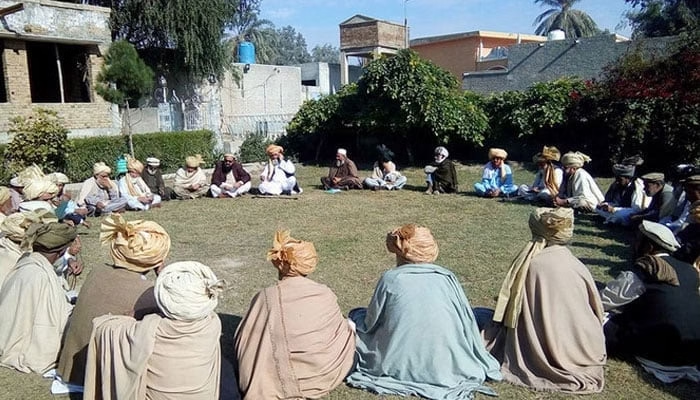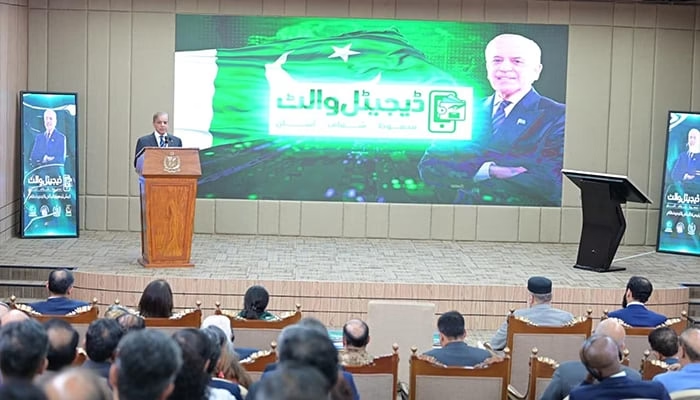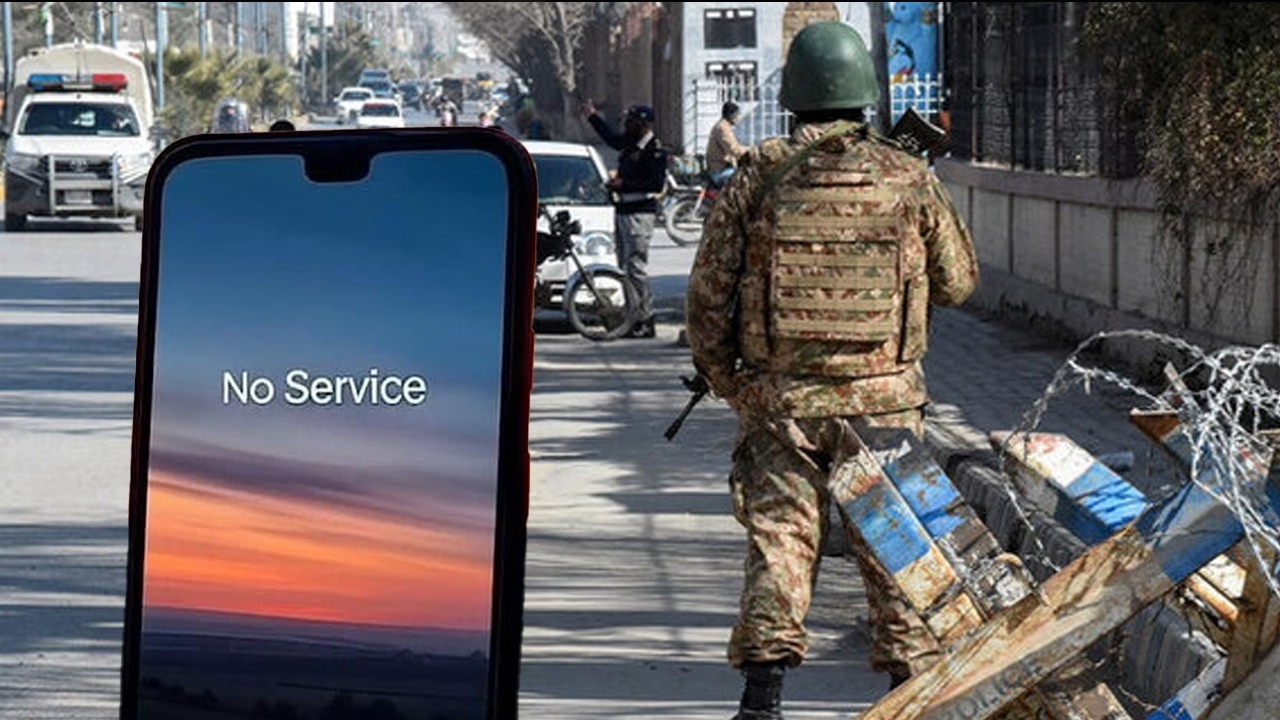The first round of peace negotiations between the Bajaur Peace Jirga and the banned Tehreek-e-Taliban Pakistan (TTP) concluded on Friday, marking a significant, albeit cautious, step toward reducing tensions in the conflict-affected tribal region of Bajaur District, Khyber Pakhtunkhwa.
During the initial round of talks, the TTP refrained from issuing any final commitments and instead requested time to consult its senior leadership before providing a formal response to the demands presented by the peace jirga.
Second Round of Talks Scheduled as Taliban Seek Grace Period
According to sources within the jirga, the next round of dialogue is expected to take place today (Saturday), with both sides reportedly agreeing to maintain open communication and continue negotiations.
The Taliban representatives requested a grace period until Saturday to confer with their higher command. In return, they gave verbal assurances that a ceasefire would remain in effect from their side until further notice, signaling a temporary de-escalation of hostilities in the region.
Jirga Demands Armed Groups Exit Populated Areas
A key demand made by the Bajaur Peace Jirga was for the TTP militants to either return to Afghanistan or relocate their operations away from civilian populations and into remote mountainous regions if they insist on continuing their armed struggle.
Speaking to the media following the session, Dr. Khalil-ur-Rehman, Chairman of the Mamond Tehsil Council and a senior member of the peace jirga, emphasized the importance of shielding civilians from further harm.
We demanded that the armed groups either return to Afghanistan or, if they are intent on fighting, leave populated areas and move toward the mountains,
— Dr. Khalil-ur-Rehman
The remarks reflected the community’s growing frustration with escalating violence in Bajaur and the desire to prevent further displacement of families due to militant activity.
Venue and Structure of the Talks
The peace delegation held its discussions with Frontier Corps (FC) officials at the Bajaur Scouts Headquarters, a critical command center for Pakistan’s paramilitary forces in the region. Following this internal consultation, the jirga proceeded to meet with TTP representatives at Jamia Masjid Zagai in Mamond Tehsil, an area known for its strategic location near the Pakistan-Afghanistan border.
These meetings are viewed as a grassroots effort, involving local tribal elders, religious scholars, and political figures who aim to broker peace without formal government mediation—though with full coordination from regional security institutions.
Security and Public Interest: A Fragile Window for Peace
The talks come at a time when Bajaur has experienced a surge in militant attacks, targeted killings, and disruptions to public life, with the TTP’s presence reportedly growing in several areas of the former Federally Administered Tribal Areas (FATA).
Community members have repeatedly raised concerns about deteriorating law and order, and the talks represent a crucial opportunity to restore stability through dialogue rather than prolonged conflict.
While both parties appear open to further discussion, the situation remains delicate, with the security landscape fragile and prone to rapid changes based on developments within the TTP’s leadership structure or shifts in regional geopolitics.
Why These Talks Matter: A Regional and National Perspective
Peace efforts in Bajaur carry wider national implications. Successful de-escalation here could offer a template for similar negotiations in other conflict-affected tribal districts, particularly those bordering Afghanistan. The initiative has been closely monitored by policymakers, security analysts, and civil society advocates, who see dialogue as a necessary component of long-term counterterrorism strategy.
Experts also note that community-led peace processes—when coordinated with state agencies—can help legitimize local leadership, strengthen social cohesion, and reduce the appeal of extremism among disillusioned youth in tribal areas.
Jirga Returns to Bajaur, Awaiting Taliban Response
Following the conclusion of Friday’s meeting, members of the peace jirga returned to Bajaur, where they are expected to regroup and prepare for the next session. The Taliban’s final response to the jirga’s proposals is now awaited, and will determine whether further progress can be made toward a sustainable ceasefire or broader peace agreement.
While cautious optimism prevails, stakeholders acknowledge that much hinges on the TTP’s leadership and their willingness to disengage from civilian zones and commit to dialogue over violence.



